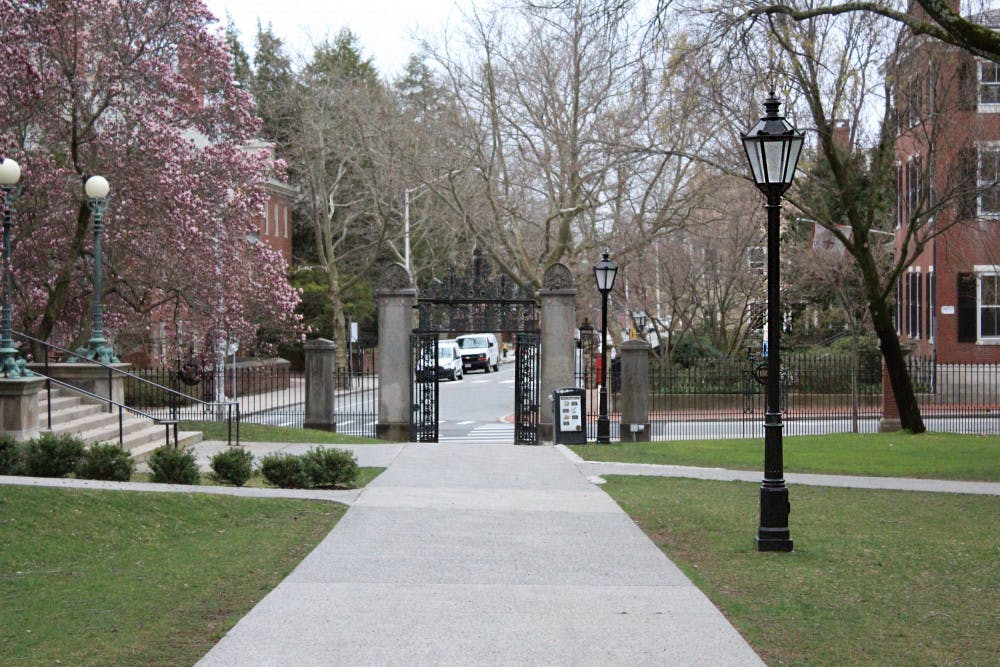University administration and faculty discussed grading policies at this week’s faculty meeting, a topic that has been widely debated by community members since students evacuated campus.
During a question-and-answer session during the Tuesday afternoon faculty meeting, which was held over Zoom, Assistant Professor of Brain Science and Psychiatry and Human Behavior Theresa Desrochers asked about the University’s decision to continue allowing students to choose whether to take their classes for a letter grade or Satisfactory/No Credit evaluation. Desrochers said that “it seems to be a privilege to stay with letter grades and not go to S/NC.” She added that a mandatory S/NC policy could help mend “the dichotomy between who can choose to have letter grades'' and who cannot.
Provost Richard Locke P’18 responded that the University has always given “our students a choice of either doing S/NC or grade,” calling it “part of our long-term philosophy of education.” President Christina Paxson P’19 supported Locke’s statement, noting that “every student’s learning path is individual.”
The current policy extends the S/NC grade option deadline to May 1. Students will have from April 13 to that deadline to change their course grading options, The Herald previously reported.
Locke said that there were many groups advocating for different grading policies, “some trying to push for a mandatory Universal Pass and others desperately wanting to have grades,” he said. “It didn’t differentiate between who had privilege and who didn't. There were many people who came from under-resourced backgrounds who really wanted grades.”
Rachel Lu ’23, a student advocate for Universal Pass who attended the meeting, expressed her and other students’ disappointment with the University’s decision. In a Universal Pass grading system, all students would receive a grade of “Pass” or “Pass with Distinction” in their courses this semester, The Herald previously reported. The same morning as the faculty meeting, Yale adopted a Universal Pass/Fail policy, the Yale Daily News reported.
“We understand that preserving that choice is a big part of Brown’s history, but what we have heard from students is that this is a life-or-death scenario right now, and having that choice to take that class right now is not really a choice,” Lu said during the meeting.
Lu added that students who are affected the most by the virus often do not have the time or the resources to reach out to administrators about their concerns.
Paxson said that she appreciated Lu’s comments and her presence as an observer of the meeting, but that she wanted “to reserve faculty meetings just for faculty to speak.” She did not respond further to Lu’s comments.
Near the end of the meeting, many faculty members thanked various members of the University community for their support during the crisis. Paxson said she was “overwhelmed” by the work faculty are doing to support their students. She also stressed the need for faculty to take care of themselves during this time, urging them to take care of “not just physical health, but also emotional health.”

ADVERTISEMENT




